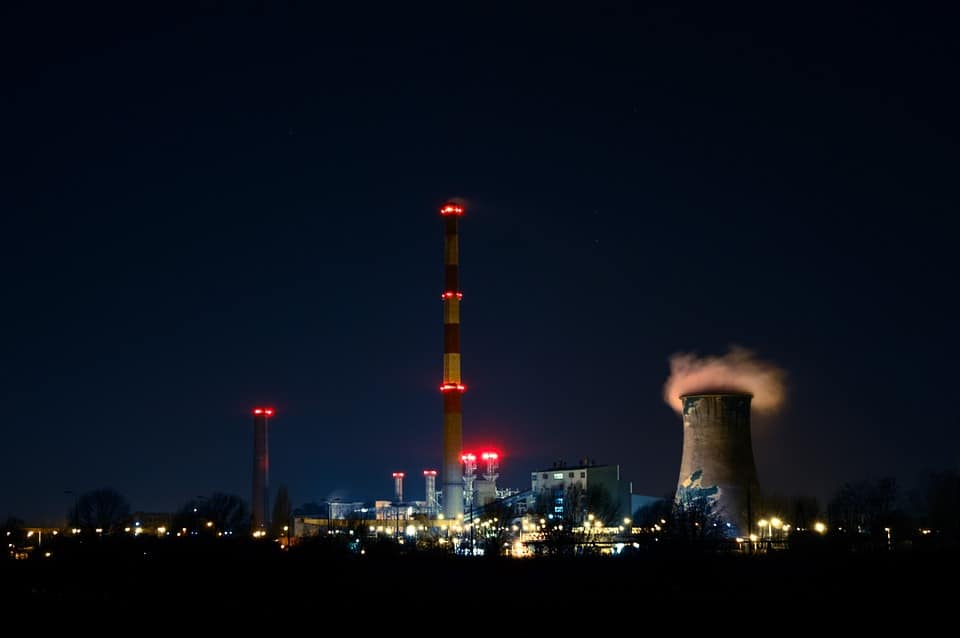UK coal companies have told key members of the UK Government that its industry is “currently in crisis” and that a policy that puts a rising price on carbon pollution was already forcing closures in its industry.
The admissions come in the minutes of the UK Coal Forum’s February meeting, quietly published a few days ago, where Department for Energy and Climate Change Minister of State Andrea Leadsom and Joanna Wain, policy adviser for energy and climate change tax at the Treasury, met with key coal and steel industry figures.
The minutes show that industry representatives criticised the carbon price floor and the government’s announcement to phase-out unabated coal by 2025, arguing that neither of these initiatives would help decarbonise the economy.
In addition to seven members from DECC and representatives from the Treasury, Department for Business, Industry and Skills, the Coal Authority, and the Welsh Government, 18 industry executives including from Drax, Engie, Scottish Power, and Banks Group attended the hour and a half meeting held at Westminster.
The UK Coal Forum was set up by the government in 2006 in order to allow for open communication between government and industry on issues of concern and “to secure the long-term contribution of coal-fired power generation and optimise the use of economical coal reserves in the UK”.
As the minutes for the 10 February meeting read: “The proposal to close all unabated coal-fired power stations by 2025… attracted criticism. It was thought that it would have little benefit, in terms of reduced carbon emissions, as there would be very little coal around in 2025 (and gone by 2030).
“Instead, it was felt, it introduces significant risks around security of supply (particularly given that new build replacement capacity could face delays), and undermines the objective of decarbonising at least cost to the consumer.”
The minutes continue: “It was stressed that coal could be helpful in the transition to decarbonisation and could be good as cheap, backup capacity.”
Leadsom responded by encouraging the coal industry to submit responses to the government consultation yet to be launched on the 2025 phase-out plan: “She encouraged industry to engage in the consultation e.g. what is ‘unabated coal’?”
As the minutes state: “On the closure of unabated coal, the Minister stressed that it is very much a consultation at this stage.”
Further assuring the industry, Leadsom also “stressed that energy security will not be compromised and so HMG will only proceed if confident that sufficient new capacity can be brought forward within these timescales.”
On the issue of the carbon price floor (CPF), the industry called for a “review of its trajectory now and post-2020” arguing that “it does little to reduce carbon emissions, as it merely displaces carbon generation outside the UK.”
Introduced in 2013, the CPF was designed to set a minimum price, related to emissions from fossil fuels, which would rise annually and encourage manufacturers to switch to greener fuels. A key aim of carbon pricing is to force the switch from coal to gas.
Despite this fact, during the meeting coal executives “blamed” a number of recent closure announcements in the coal and steel industry on the rise of the CPF in April 2015 from £9.54 to £18 per tonne of CO2.
“Many of those present (but not all) would like to see the CPF reduced,” the minutes show, adding that industry planned to hold a separate meeting with the Treasury to discuss the issue.
Other topics covered in the meeting included the COP21 climate conference and the government’s unexpected cut to carbon capture and storage funding for which industry said “a new policy… is needed and quickly.”
You can view a full list of those at the meeting in the minutes below, including Welsh energy advisor Ron Loveland, Coal Authority board member Simon Reed, and several members of DECC.
Minutes of the Sixth Annual Coal Forum Meeting 10 Feb 2016
Photo via Pixabay
Subscribe to our newsletter
Stay up to date with DeSmog news and alerts







